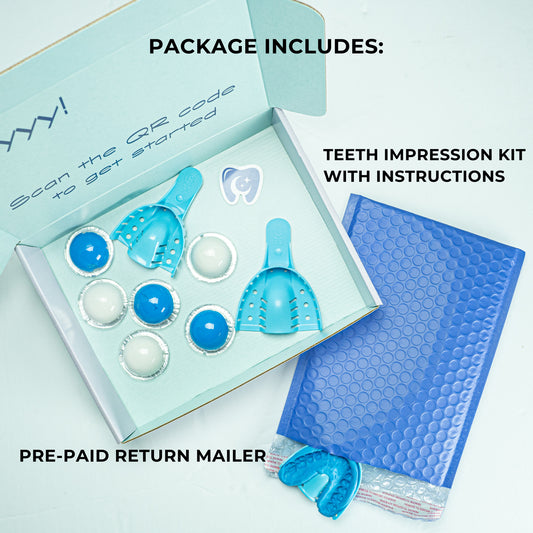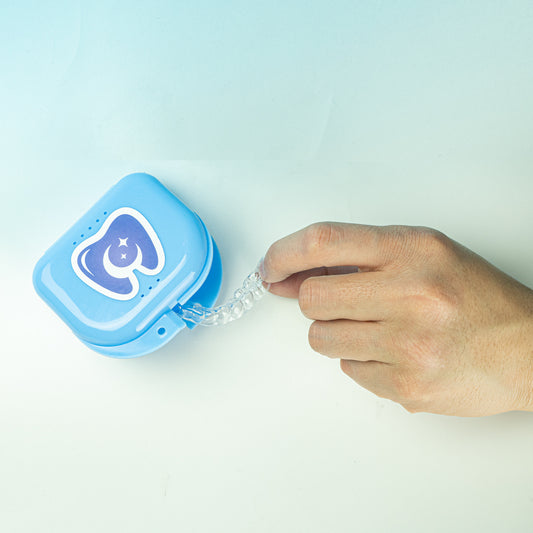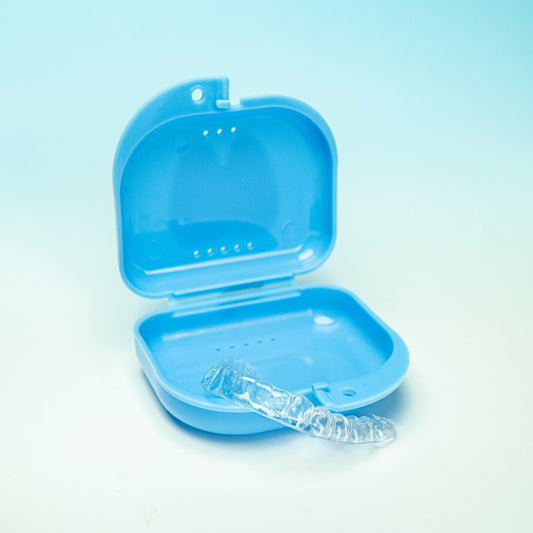Bruxism vs TMJ
Differences between Bruxism and TMJ
What is Bruxism? What is TMJ? What is the treatment for them?
Bruxism vs. TMJ
It is best to seek advice from a dental assistant when questioning whether or not you are suffering from any possible symptoms of bruxism or Temporomandibular Joint Disorders (TMJ). Symptoms can often be a temporary issue, but if the symptoms persist it is highly recommended to seek additional help. It may be difficult to diagnose the differences between the two, so knowing the key points that distinguish the disorders will help determine which of the two may be afflicting.
Bruxism
A disorder that evokes an involuntary or habitual clenching or grinding of the teeth. Most often occurring during sleep, the symptoms of the disorder can happen for prolonged periods leading to severe pain and dysfunction of the jaw, a disorder known as TMJ. Night grinding is a typical effect of this issue, where the upper and lower rows of teeth slide against each other repeatedly causing discomfort that can develop into much greater issues in untreated. Side effects such as ground down ridges of the tooth, soreness, and sensitivity are a few. Unhindered occurrences could result in damaged teeth, pain in the jaw near the ear or face, and at the extreme, a locked jaw that cannot open or close entirely.
If these symptoms are occurring, seek dental assistance. A dental professional will examine you for the possibility, observing any tenderness of the jaw, and any wear of the natural grooves or curvature of the teeth.
Susceptibility of can stem from stress or anxiety, consistent signs of anger or frustration, an aggressive personality type, or uses of stimulating substances, i.e., tobacco, caffeine, alcohol, etc.
TMJ
If worried about possibly having it while possessing any of the symptoms listed, talk to your dentist. Untreated cases can lead to complications such as temporomandibular joints, which can result in facial pain around the jaw, and may induce a clicking sound when the mouth is opening or closing.
Some additional short-term side effects include tightness or stiffness of the shoulder muscles, disrupted sleeping patterns, abnormal looseness of teeth, and inflamed or receding gum lines.
Treatment
The quickest and easiest solution is to invest in a preventative teeth grinding mouth guard to not only assist in inhibiting the grinding, but also from damaging the teeth during clenching. EasyTeethGuard offers a custom at home lab kit to create the necessary impression of your teeth to mold the ideal mouth guard. Rather than the teeth grinding at night, the mouth guard will take the brunt of the force, saving your teeth and jaw.
Sufferers should be advised to use a different mouth guard, as the softer material models will not be sufficient for proper treatment as well as with bruxism. Guards for this problem are made of a harder acrylic plastic, also known as a splint, which helps to realign the jaw and bite to relieve much of the stress and discomfort. For an absolutely accurate and perfectly molded mouth guard, it is recommended to not order online, but rather talk to your dentist about having one made specifically for your mouth.
-
The Soft Night Guard
Vendor:Softest and Most ComfortableRegular price $89.00Regular priceUnit price per -
The Hybrid Night Guard
Vendor:Balance Between Comfort and Durability (Most Popular!)Regular price $109.00Regular priceUnit price per -
The Hard Night Guard
Vendor:Most Durable (for Heavy Grinders)Regular price $99.00Regular priceUnit price per



